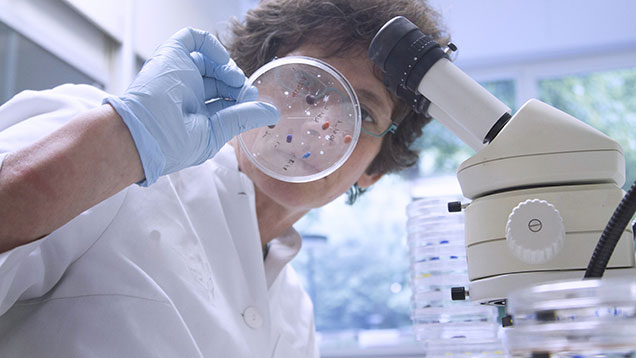Bird flu confirmed as H5N8 strain
 © Rex
© Rex Defra has confirmed that the strain of avian influenza affecting a duck breeding farm in East Yorkshire is H5N8 – the same highly pathogenic strain that has been found on a layer unit in the Netherlands and a turkey farm in Germany.
But while the diagnosis suggests there is a link between the three, it is still unclear how the disease might have reached the UK.
“Further tests will be conducted at the animal health laboratory at Weybridge, to find out more about the source of the disease,” said Maire Burnett for the British Poultry Council.
One theory is that it may have been picked up by wild birds and brought to the premises.
This is certainly the view of the EU Commission in Brussels. “The fact that the three recent outbreaks in Germany, the Netherlands and the UK have occurred in proximity of humid areas with wild birds and the absence of any other possible epidemiological link between them point towards wild migratory bird as a possible source of virus,” said a statement.
See also: Q&A on avian influenza
“A species of wild swans might be carrying the virus without showing signs of disease.”
Another possibility is that equipment movements may have been involved, a view that gets some support from the fact that all three sites affected so far are indoor units.
Culling
Defra also confirmed on Tuesday afternoon that the culling of 6,000 ducks is under way on the affected farm in East Yorkshire.
“The cull is to prevent the spread of potential infection, and is being carried out in a safe and humane manner by fully trained Animal and Plant Health Agency staff,” said a statement.
“Our response to this outbreak follows tried and tested procedures for dealing with avian flu outbreaks and we expect the cull to be completed later today.”
In further developments, it is understood that South Africa and Japan have already banned imports of poultry and poultry products from the UK, Germany and the Netherlands, and others are expected to follow suit.
South Africa is a particularly significant market, but will require three months’ freedom from the disease before reopening its borders.
